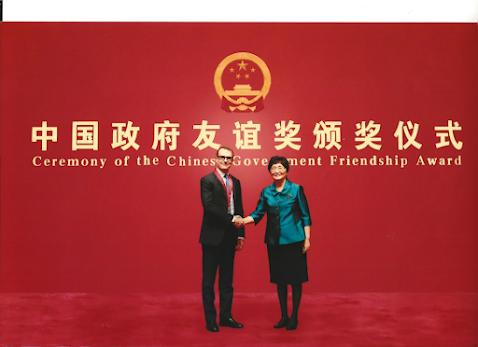China’s First Energy Law Comes into Force
China's first energy law came into force on 1 January, 2025. The law gives energy planning a legal structure for the first time, emphasising its guiding role in national energy development.
The Energy Law aims to promote the development of high-quality energy, ensure national energy security, accelerate the green transition and support China’s efforts to achieve its carbon-peak and carbon-neutrality targets.
The law also aims to promote the development and use of renewable energy and increase the proportion of non-fossil energy consumption. It encourages individuals and businesses to adopt green and low-carbon production and lifestyles.
The law formally includes hydrogen, previously classified as a hazardous chemical, in the energy management system.
Green Electricity Certificates (GECs) were piloted in 2017 to establish a market-based mechanism for renewable electricity. They are the only way to validate renewable energy production and consumption. According to official figures, China had issued 3.55 billion GECs by October 2024.
The Energy Law also introduces innovative measures such as energy production capacity reserves and mineral resource reserves. For the first time, it explicitly defines the obligation of social responsibility reserves to ensure energy security in extreme situations.
Edited by: YJ
Reviewed By: Maggie
Contact: v10@cbcgdf.org; +8617319454776
Contribution
Do you know? We rely on crowd-funding and donations. You have the opportunity to help an international movement to advance biodiversity conservation. Donate TODAY to power up the movement to make it a better world for all life.
Donation(501C3)Paypal: intl@wbag.org
https://www.paypal.com/donate?hosted_button_id=2EYYJJZ8CGPLE





Comments
Post a Comment